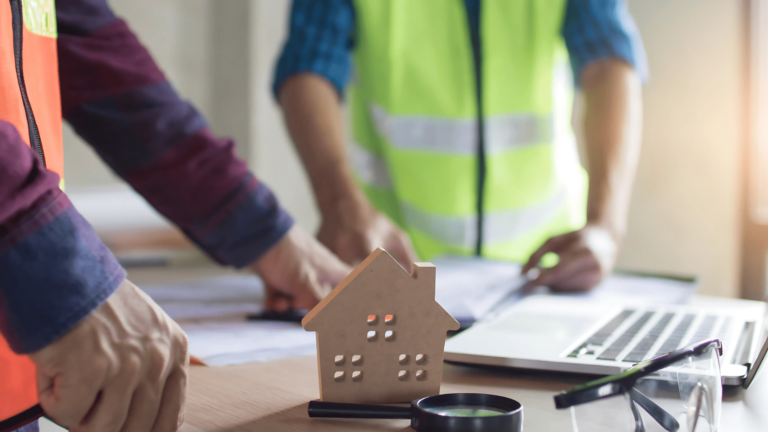Step-by-step guide to buying a home in Florida” emphasizes affordability, mortgage pre-approval, and neighborhood research. Determine your budget, secure pre-approval, and carefully evaluate Florida locations considering taxes, HOAs, and flood risks. House hunting should be strategic, focusing on essential criteria and avoiding red flags like old AC units or roofs.
Table of Contents
Toggle1. Figure Out What You Can Afford
This is where people mess up. They start house hunting before knowing their number.
Here’s how to actually figure out your budget:
- Look at your income and debt. Lenders use the debt-to-income ratio (DTI) to decide how much you can borrow.
- Check a mortgage calculator—about 28-30% of your gross income should go toward housing.
- Factor in property taxes, HOA fees (common in Florida), insurance, and maintenance.
- Your credit score matters—a higher score = better interest rates, which means a cheaper loan.
Reality check: Just because a lender pre-approves you for a high number doesn’t mean you should max it out. Keep your mortgage payment comfortable.
2. Get Pre-Approved for a Mortgage
Realtors and sellers take you seriously when you’re pre-approved.
The process? Quick and mostly online:
- Gather documents—pay stubs, tax returns, bank statements.
- Compare loan types—conventional, FHA, VA (if you qualify).
- Shop for a lender—interest rates and fees vary, so get multiple quotes.
- Submit an application, and within days, you’ll get a pre-approval letter.
Florida has programs for first-time buyers like Florida Hometown Heroes, giving lower down payments and closing cost assistance.
3. Find the Right Florida Neighborhood
Not all Florida cities are the same. Some places have skyrocketing insurance costs, others have hurricane risks, some are Airbnb-friendly, others are not.
Key things to check:
- Property taxes—different counties have different rates.
- School districts—good schools = better resale value.
- HOA rules—some are chill, others feel like high school hall monitors.
- Commute—traffic in Florida can be brutal.
- Short-term rental laws—if you plan to Airbnb, know the regulations.
Tip: Drive through the area at different times of day to see if there are any red flags.
4. House Hunting Like a Pro
Now the fun part—actually looking at homes. But don’t let emotions take over.
Before even setting foot in a property:
- Make a list of non-negotiables (garage? big backyard? no flood zone?).
- Use Redfin, Zillow, and local MLS sites—but don’t trust the Zestimate.
- If you see a house you like, drive by BEFORE setting up a showing.
- Work with an agent who knows the Florida market inside out.
Red flag houses:
- If the AC unit is old (Florida heat = expensive replacements).
- If there’s a weird smell (mold issues are real in humid areas).
- If the roof is over 15 years old (insurance companies will charge you more).
Conclusion
Stay tuned for the next steps, including making an offer, inspections, and closing the deal the smart way.
FAQs
Is Florida a good place to buy a first home?
Yes—no state income tax, warm weather, and high demand for rentals. Just watch out for high insurance costs in hurricane-prone areas.
How much do I need for a down payment?
Depends on the loan:
- FHA Loan: 3.5%
- Conventional Loan: 3%-20% (aim for 20% to avoid PMI)
- VA Loan: 0% (for eligible veterans)
How long does it take to buy a house in Florida?
From pre-approval to closing, expect 30-60 days if everything goes smoothly. Delays happen with inspections, appraisals, or loan approvals.
